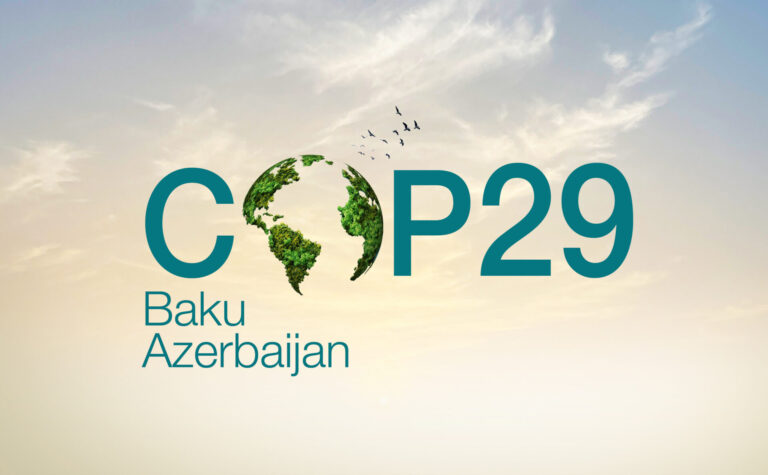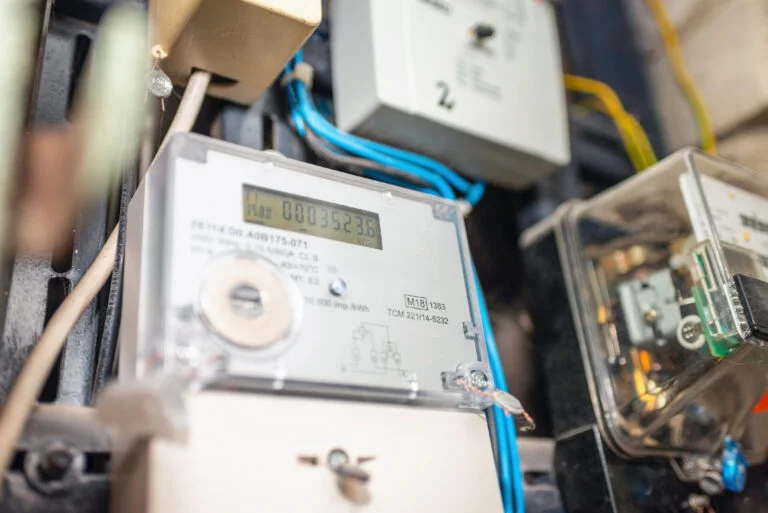On Day 3 of COP29 in Baku, Azerbaijan, global leaders pushed for stronger climate cooperation, with discussions centering on several significant developments. Debate intensified over the New Collaborative Quantified Goal (NCQG), with G77 countries and China voicing concerns about its implications for future climate finance. Brazil made a notable sustainability pledge, adding momentum to the talks, while the High Ambition Coalition reaffirmed its commitment to ambitious climate actions, reinforcing the urgency of climate goals. Additionally, a new UN-backed carbon credits scheme was introduced, aimed at helping developing nations build renewable energy infrastructure. These initiatives underscore both the collaborative spirit and the challenges in achieving global climate alignment.

New Collaborative Quantified Goal (NCQG)
A central focus of the day’s proceedings was the draft of the New Collective Quantified Goal (NCQG) on climate finance, intended to replace the current $100 billion annual commitment expiring in 2025. Discussions intensified as parties debated the scale and structure of future financial support for developing nations to address climate change, with G77 nations and China voicing their concerns.
The High Ambition Coalition's commitment
The High Ambition Coalition, led by the Marshall Islands, reaffirmed its dedication to ambitious climate action. President Hilda Heine of the Marshall Islands expressed optimism about the incoming U.S. administration’s potential role in advancing climate initiatives, despite uncertainties surrounding its future policies.
Brazil's New Targets
Vice President Geraldo Alckmin submitted Brazil’s updated Nationally Determined Contribution (NDC 3.0), committing to a 59-67% reduction in emissions by 2035 compared to 2005 levels as well as outlining comprehensive adaptation strategies.
Progress on Carbon Market Framework
Negotiators achieved a significant milestone by ratifying a framework for trading UN-backed carbon credits between countries. This development, aligning with Article 6.4 of the Paris Agreement, aims to establish a standardised international carbon credit market, potentially unlocking substantial climate finance, particularly for developing nations. While some participants such as the Pacific island nation of Tuvalu expressed concerns about the rapid approval process, the agreement is viewed as a pragmatic step toward accelerating carbon market operations.
As COP29 progresses, the outcomes of these discussions will be pivotal in shaping the global response to climate change, determining the adequacy of financial commitments, and setting the trajectory for future international climate policies.
Catch Up On Previous COP29 Updates

COP29 Day 11 Summary: 22nd November 2024
The 11th day of the COP29 climate summit in Baku, Azerbaijan, concluded with an agreement on a new climate finance

COP29 Day 10 Summary: 21st November 2024
COP29 has brought climate finance to the forefront of global discussions, highlighting the urgent need for developed nations to support

COP29 Day 9 Summary: 20th November 2024
On the ninth day of COP29 in Baku, Azerbaijan, discussions brought to light significant disagreements between developed and developing nations,

COP29 Day 8 Summary: 19th November 2024
Day 8 of COP29 in Baku, Azerbaijan, focused on tackling the challenge of climate finance, with a spotlight on how

COP29 Day 7 Summary: 18th November 2024
COP29 is proving to be a pivotal yet contentious chapter in global climate negotiations. With only five days left in

COP29 Weekend Summary: 15th-17th November 2024
This weekend at COP29 highlighted key debates about fossil fuels and strategies to combat the climate crisis. Progress was made

COP29 Day 4 Summary: 14th November 2024
Day four of COP29 in Baku brought critical discussions to the forefront, focusing on two pressing issues: the urgent need

COP29 Day 3 Summary: 13th November 2024
On Day 3 of COP29 in Baku, Azerbaijan, global leaders pushed for stronger climate cooperation, with discussions centering on several

COP29 Day 2 Summary: 12th November 2024
On Day 2 of COP29 in Baku, Azerbaijan, global leaders continued discussions on urgent climate action, focusing on financing, emission

COP29 Day 1 Summary: 11th November 2024
The 29th United Nations Climate Change Conference (COP29) commenced on November 11, 2024, in Baku, Azerbaijan, marking a pivotal moment






